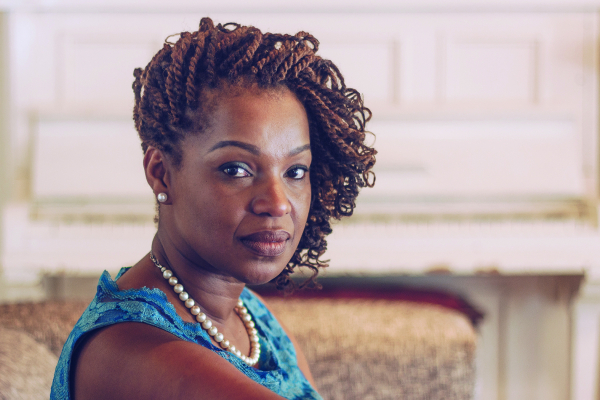
Women work. Women have always worked.For generations before us, women were managing homesteads, developing agricultural innovations, inventing systems and processes for increased efficiency, and participating in military exploits.
By Thembe Khumalo
Unfortunately, women haven’t always been paid for the work they do; or even been acknowledged in the way that men are.
While women constitute half of the world’s population, and perform nearly two thirds of all work hours, they receive only 1% of the world’s income and own less that 1% of the world’s property.
Surely this is not okay.
It is no longer a strange thing to find women working side-by-side with men in all kinds of spaces.
Whether you are fixing cars, answering phones, chairing board meetings or repairing industrial machines, women and men are enjoying more integration in the workplace — but this still doesn’t mean they enjoy equal pay for the same work.
The gender pay gap is a global phenomenon; a situation that boggles the mind and provokes the rage of many a hardworking, self-respecting woman.
- Chamisa under fire over US$120K donation
- Mavhunga puts DeMbare into Chibuku quarterfinals
- Pension funds bet on Cabora Bassa oilfields
- Councils defy govt fire tender directive
Keep Reading
Where a man would earn a dollar, an average woman in Africa earns 70 cents.
The United Nations Development Programme (UNDP) estimates that gender inequality costs sub-Saharan Africa an average of $95 billion per year.
It is not every woman, who chooses to work outside the home, and it is not every woman, who wants to do paid work in a formal environment.
Many of our small and medium enterprises are, in fact, women entrepreneurs, who may or may not be based at home, but are supporting families through their work.
In Zimbabwe, we have more than 6 000 registered SMEs.
They have created millions of dollars in revenue and contribute 20% of tax revenue.
Many of these SMEs are run by women.
Women in Africa make up 60% of all agricultural workers and are more economically active in entrepreneurship and farming than in any other region in the world.
When women are paid for their work, they experience not only greater financial security, but also better health, lower levels of anxiety, higher levels of mental well, being and increased life satisfaction.
They enjoy more power in their ability to negotiate in the community, whether they are advocating for themselves, their marriages, or their children.
Work is important not only for the income it enables us to generate, but also because it enhances our sense of value.
When your opinion expertise or skills are sought by others, you recognise that you are making a valuable contribution to the community.
We all know at least one hairdresser or dressmaker, whom we will trust with the most intricate of styling because we have great confidence in her skills.
It’s easy for a woman in a male dominated workspace to lose sight of the high value that she brings to the table.
She needs, in fact, to maintain a conscious understanding of that value, to cultivate it, and to see herself as an asset whose input enhances the organisation’s value.
Work also provides us with excellent opportunities to learn, grow, and develop new skill sets.
It increases the range of our experiences of life and enhances our ability to deal with opposing personalities, conflict and disappointment.
It increases confidence because the more and more one realises that one is able to overcome difficulty, to solve problems they keep moving even when things are hard.
Yet, still, the world of work is filled with danger for many women.
They have fears that hold them back from performing to their best ability.
Fear of harassment, fear of not being liked (being called bossy), fear of failing and fear of being seen as a bad wife or mother. All these fears arise from women’s position in a patriarchal society and interfere with the capacity and drive to join the work force.
Paid work gives women choices.
When you have earned an income, you also earn the right to use it in the way you think best.
It is similar to when countries receive aid from outside their borders.
The prescriptions for how that money must be used are often arduous and unpalatable.
When money generated is from one’s own activity and enterprise, determining its use is an internal matter, and this can allow for continuous generation and regeneration of wealth.
When work matches one’s personal values, desires and personality, it can be a joy.
To make a contribution to something bigger than oneself is a very satisfying experience, which can lead to more harmonious relations with others and higher levels of self esteem.
High self-esteem means reduced chances of exploitation and abuse.
And finally — and I know many mothers will certainly agree with this one — having work to do keeps you out of trouble.
They say the devil finds work for idle hands, so when the hands are gainfully employed, the devil must look elsewhere for his opportunities!











